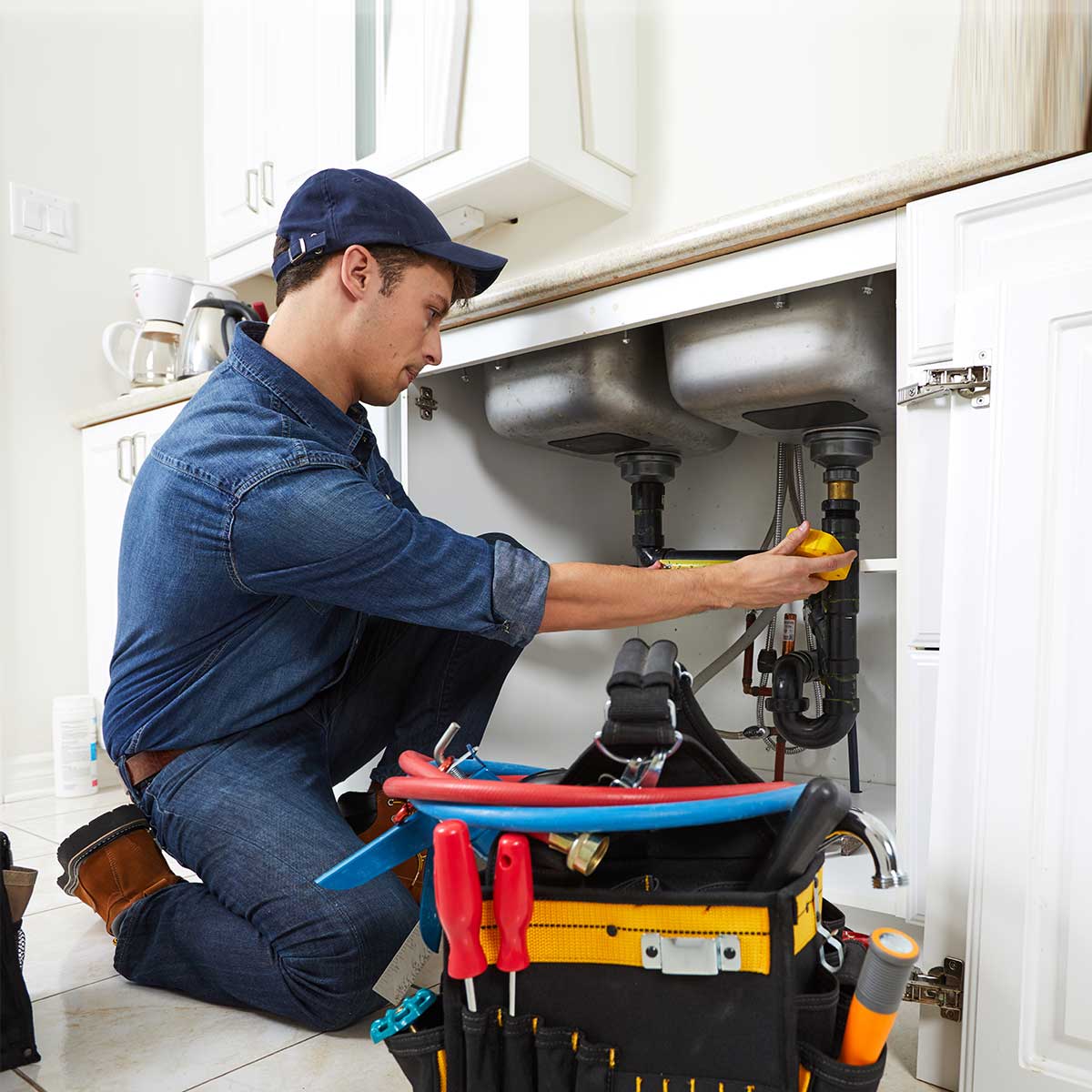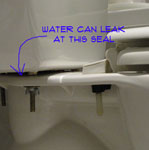5 Repetitive Water Leak Factors
5 Repetitive Water Leak Factors
Blog Article
Everyone is bound to have their own unique thinking about Where to Find Water Leaks.

"Be careful of little expenditures. A small leakage will certainly sink an excellent ship." - Benjamin Franklin.
He couldn't have actually been more right because water leakages in our homes cause a waste of sources, increasing our water costs. Although this rise could seem minimal in the beginning, it can cause significant costs that can damage your financial institution. In addition to an increase in costs, water leaks additionally trigger unwanted organic development, architectural damage, and also even electrical risks.
If you have a water leak isn't always easy due to being not able to see many of the pipework in your house, figuring out. If you have had an increase in your water expenses recently, discovered water discolorations on wall surfaces and also ceilings, smelt lousy odor, and so on. You could intend to take into consideration requesting plumbing services to get it looked into.
There are several sources of water leakages, and also we have actually compiled the common reasons below. Check to see if you have actually had related issues in your home lately.
Obstructed drains pipes
Food particles, dirt, and grease can trigger blocked drains and obstruct the flow of water in and out of your sink. If undealt with, raised pressure within the rain gutters can finish and also cause an overflow up breaking or bursting pipelines. To prevent clogged drains pipes in your house, we suggest you to prevent putting fragments down the tubes and also normal cleansing of sinks.
High water pressure
You saw your residence water pressure is more than normal but then, why should you care? It runs out your control.
It would be best if you cared since your typical water pressure need to be 60 Psi (per square inch) and although your house's plumbing system is made to endure 80 Psi. A rise in water stress can put a strain on your house pipes and also bring about fractures, or worse, burst pipelines. If you ever before see that your house water stress is greater than normal, get in touch with a professional concerning regulating it.
Rust
As your pipework gets older, it gets weaker and also a lot more at risk to rust after the constant passage of water with them, which can gnaw at pipes and also trigger splits. A visible indication of rust in your house plumbing system is discoloration and also although this could be hard to identify due to the majority of pipelines hidden away. We recommend doing a frequent checkup every few years and change pipelines once they are old to make sure a sound plumbing system
Damaged pipeline joints
Pipeline joints are the parts of our plumbing system where the pipes connect. It is necessary to keep in mind that even though pipes are made to endure stress and last for a while, they weren't developed to last forever; as a result, they would certainly degrade over time. An usual indication of damaged pipe joints is extreme sound from faucets.
Broken seals
An additional root cause of water leaks in homes is damaged seals of residence appliances that make use of water, e.g., a dishwashing machine. When such appliances are set up, seals are installed around water adapters for easy flow of water via the equipment. A broken seal can trigger leakage of water when in use.
With little or no understanding of plumbing, understanding your home's plumbing system sufficient to repair some of these concerns (without effect) can be a problem. Contact plumbing experts in Pittsburgh, Providence, Rochester, and environ today, and also they'll make those concerns go away.
He could not have actually been extra best since water leakages in our homes result in a waste of sources, boosting our water expenses. If you have had a boost in your water bills lately, observed water spots on walls as well as ceilings, scented lousy smell, etc. An increase in water stress can put a stress on your residence pipelines and lead to cracks, or even worse, ruptured pipes. Another reason of water leakages in residences is damaged seals of residence appliances that make use of water, e.g., a dishwasher. When such home appliances are mounted, seals are mounted around water connectors for simple flow of water via the device.
5 TIPS IN DETECTING A WATER LEAK IN YOUR HOUSE
Water leaks can be hard to find in your home, yet they can be so common. We rely on water every day in our home, which is why a leak can cause big problems. By detecting them early, you can save money and further damage, getting the problem fixed as soon as possible. Here are 5 tips to help you detect a water leak in your home, so you can contact a plumber straight away and get the issue sorted.
Check your water meter
Many people underestimate the value of the water meter in their home. It can be one of the best ways to tell if you have a leak early on, so you can get on top of it before issues start arising. Start by turning off all the water in your home: taps, washing machine, dishwasher, etc. Now take a look at the meter – if it’s still changing with everything turned off, it’s likely you have a fast-flowing leak that you need to get on top of straight away. If nothing changes, then leave your meter for an hour or two and come back to it. Did it change in this time? It’s likely you have a slower leak, which isn’t as urgent but still handy to get fixed so it doesn’t become a bigger problem.
Keep an eye on your bill
Another good way to detect a leak in your home is by keeping an eye on your water bill. It helps if you have a past bill from the same period of time. You can compare like for like and determine whether your water usage has increased significantly. If it has, there may be a leak in your system that you haven’t picked up before. A professional plumber can check through all of your pipes and determine where it is coming from.
Look for damage
If you have a leak inside your home, you will notice damage over time. Take a look at your showers and bathtubs and note whether any of the tiles surrounding the area seem to be discoloured or damaged in any way. There may be water stains, mould or peeling material that has resulted from a build up of moisture over time. Make sure you take a look under sinks at the back of cupboards that don’t get accessed regularly. This is where damage can go unnoticed and build up over periods of time.

We were shown that report about How to Find and Prevent Water Leaks in Your Home from someone on another domain. Appreciated our write up? Please share it. Help another person discover it. I praise you for your time. Please visit our site back soon.
Hot water gone? Dial here. Report this page